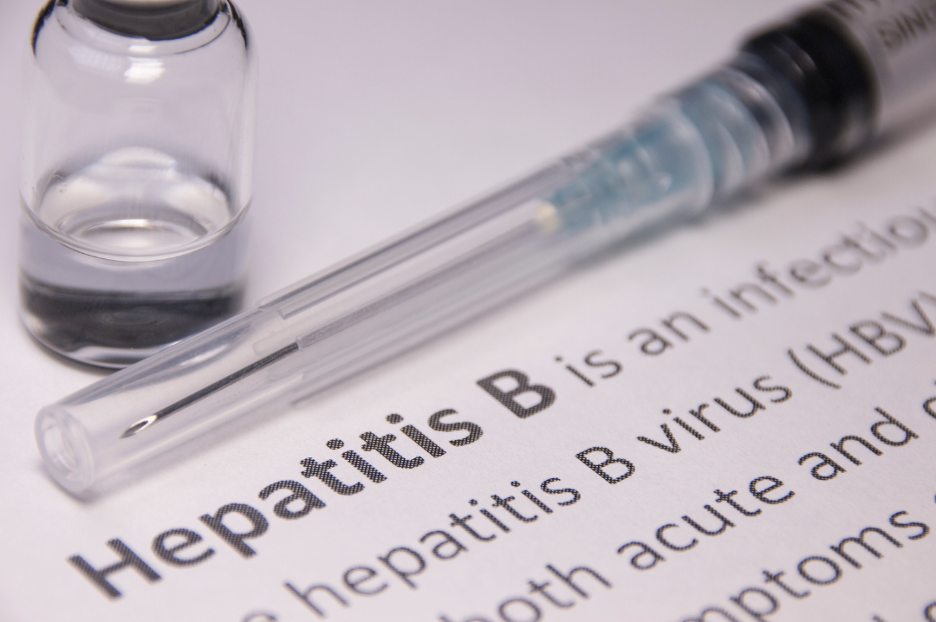In today’s healthcare landscape, patient empowerment and transparency are more important than ever. One of the cornerstones of patient rights under the Health Insurance Portability and Accountability Act (HIPAA) is the ability to access personal health information (PHI). But timely access isn’t just a courtesy—it’s a legal requirement. This blog will walk you through what HIPAA requires when it comes to providing patients with their information, and what “timely” really means under the law.
What Does HIPAA Say About Patient Access?
Under the HIPAA Privacy Rule, individuals have the right to inspect, review, and receive a copy of their medical and other health records maintained by a covered entity. This includes records in any format—electronic or paper.
Covered entities include:
- Healthcare providers
- Health plans
- Healthcare clearinghouses
Importantly, this right of access applies to a designated record set, which includes:
- Medical records
- Billing records
- Enrollment, payment, claims adjudication, and case or medical management record systems
- Clinical laboratory test results, Clinical case notes, X-rays, wellness and disease management program information
While individuals have a right to a broad array of PHI about themselves in a designated record set, a covered entity is only required to provide access to the PHI to which the individual requests access.
What Is the Required Timeline for patient access?
According to 45 CFR §164.524(b)(2) of the HIPAA Privacy Rule:
- Covered entities must provide access within 30 calendar days of receiving the request.
- If the information cannot be provided within 30 days, a one-time extension of up to an additional 30 days is allowed. However:
- The entity must provide the patient with a written statement explaining the delay and the expected date of completion.
- The extension must be invoked within the original 30-day window.
Key Point: The maximum time allowed is 60 days total, and only one extension is permitted per access request.
What Happens If Providers Don’t Meet the Timeline?
Failing to meet HIPAA’s access requirements can lead to:
- Patient complaints to the U.S. Department of Health and Human Services (HHS) Office for Civil Rights (OCR)
- Investigations and potential enforcement actions
- Financial penalties that can range from thousands to millions of dollars depending on the severity and duration of the violation
- Reputational harm
What Are Best Practices for Compliance?
- Establish Clear Policies and Procedures
Ensure staff understand the process and timeline for responding to access requests. - Use Patient Portals Where Possible
Electronic health records (EHRs) and portals streamline access and reduce delays. - Train Frontline Staff
Staff who interact with patients should know how to facilitate access requests appropriately. - Track and Document Every Request
Maintain records of when requests are received, fulfilled, or extended. For better record-keeping and auditability, many healthcare facilities choose to log all requests for access to patient PHI even though it is not mandated. - Proactively Communicate Delays
If more time is needed, notify the patient in writing within the first 30 days, explaining why.
Final Thoughts
Timely patient access to health information is not just about meeting regulatory obligations—it’s about building trust, improving health outcomes, and promoting patient engagement. With the right systems and training in place, healthcare providers can ensure they meet HIPAA’s requirements while delivering a better experience for the patients they serve.
Need Help Navigating HIPAA Compliance?
Reach out to our team for support in implementing HIPAA-compliant access procedures and training for your staff.
Additional Resources:



